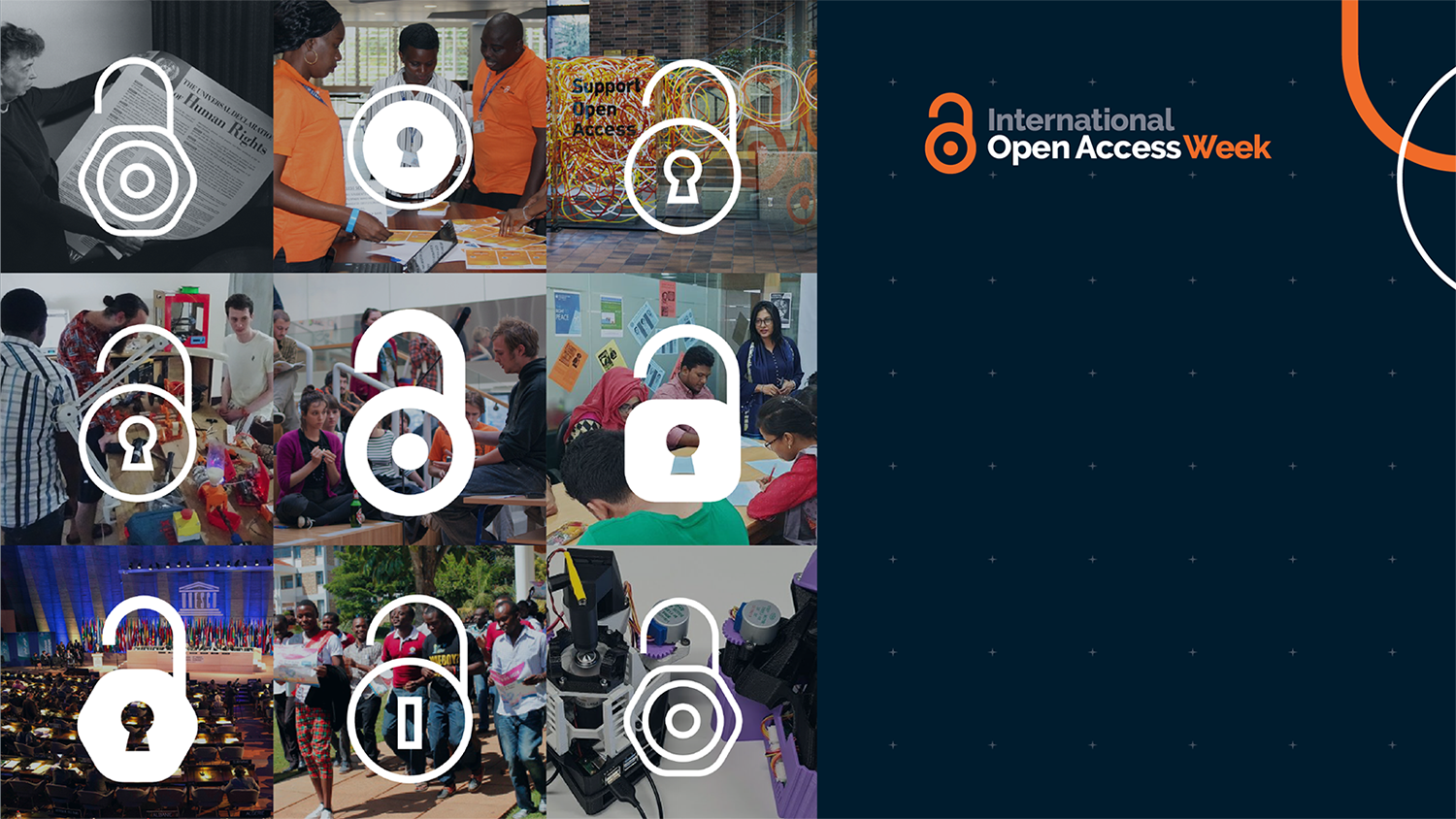Numerous policies and initiatives around the world continue to evolve to ensure that research is publicly accessible. For example, in August 2022, the White House Office of Science and Technology Policy issued a memorandum mandating that federal agencies require immediate access to the research papers and data that they fund. And, while similar efforts have also been initiated in Canada, including by the Tri-Agencies, “[m]ost of the Canadian academic output is still trapped behind paywalls”.
Keep your copyright!
As a condition of publication, many scholarly publishers ask that you sign over your copyright.
The University of Ottawa Library encourages authors to publish open access (OA) where possible, to ensure your research is as broadly accessible as possible, even if this is not specifically required under a granting agency policy.
There are numerous paths to publishing OA, and we understand that the OA fees (or article processing charges) for certain journals are high, and often unaffordable. Repositories, like uO Research, are a great option for authors to freely share and preserve their works.

Here, we provide some tips you can take to retain your copyright, so that you have the flexibility to choose the most suitable path to share your research:
Negotiating with your publisher
To retain specific rights when publishing in a traditional journal, you will likely need to negotiate with your publisher prior to signing the publication agreement. Beyond the right to deposit a version of your work in an institutional repository, these could also include the right to make use of the work in your teaching and research, to share the work on your own website, and to re-publish the content in another publication (e.g. as a book chapter).
Various guides and resources are available to assist you in navigating the negotiation process (see Further resources below), but keep in mind these core principles:
- Be prepared
Prior to engaging in any negotiations, give some serious thought as to your asks and expectations. You should be clear about which rights you want to keep and be ready to explain why. Know which terms are “dealbreakers” for you, and make sure that you understand the basics of copyright, as well as all the clauses in the proposed publication agreement.
- Don’t be afraid to ask
If you don’t ask, you often don’t get. There is no harm in making reasonable claims during the negotiation of a publishing agreement. The worst-case scenario would generally be that the publisher declines and insists that you sign their standard agreement without modification, at which point it would be up to you to accept or refuse.
- Be willing to compromise
As in any negotiation, it is important to be willing to compromise to reach your most important objectives. Consider the perspective of the publisher and apply it to understand what points they may be more open to modifying.
CARL Author Addendum
The Canadian Association of Research Libraries (CARL) offers a template document for use in negotiations with publishers, the Canadian Author Addendum to Publication Agreement. Along with its accompanying CARL Guide to Using the Canadian Author Addendum, this document may provide you with a solid starting point to the contractual process of retaining your rights.
Creative Commons
Creative Commons is a not-for profit organization that offers free licenses that authors can apply to their works to manage the conditions for sharing and reuse.
Applying a Creative Commons (CC) license is a valuable legal tool. The CC license can enable you, as an author, to specify the conditions under which your work can shared, re-used, and adapted. There is a sliding scale of permissions (Only in French), from most free to least free, that users can adapt to their specific needs.
To learn more about Creative Commons licenses:
Further resources
- CARL Guide to Author Rights
- ASU Library Negotiation Guide
- OAPEN toolkit article on contracting and copyright
- Plan S Rights Retention Strategy
And of course, feel free to reach out to the Library’s knowledgeable team of experts if you have any questions!